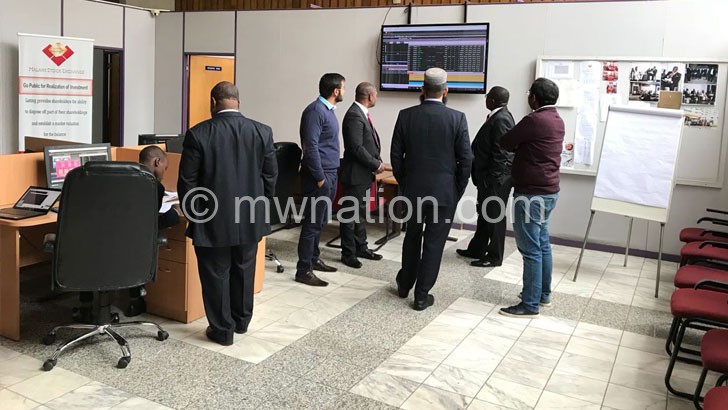Mejn calls for fiscal prudence in next budget
Malawi Economic Justice Network (Mejn) has urged Treasury to exercise fiscal discipline in the forthcoming budget if the country is to progress and achieve meaningful development.
Speaking in an interview yesterday in view of the upcoming 2023/24 pre-budget consultations, Mejn executive director Bertha Phiri said fiscal discipline remains a challenge that needs to be addressed.
She said: “What we are yearning to see is government maintaining a tight fiscal discipline to maintain the gains we have accrued so far with the International Monetary Fund negotiations.
“We are delighted by the announcement of the European Union and Germany on the possibility of resuming direct budget support, but this needs to be guarded by doing what is necessary.”
Phiri said full implementation of the Domestic Resource Mobilisation Strategy and operationalisation of the Debt Retirement Fund should be looked into in the next budget if the country is to move forward.

a challenge
“We aim to see a budget that has realistic revenue projections which will be attainable as previous records have shown gaps in this,” she said.
During the first half of this financial year, the national budget recorded a fiscal deficit of 4.3 percent of the gross domestic product (GDP), which is wider than the mid-year target of 3.5 percent of GDP.
Over the same period, government exceeded spending targets, with expenditures totalling 12.1 percent of GDP, higher than the mid-year target of 11.8 percent of GDP.
The K2.84 trillion fiscal plan has faced criticism, with analysts branding it consumptive than productive with only K626.6 billion allocated for development expenditure.
The budget has a projected deficit of K842.1 billion, representing 7.1 percent of GDP.
Catholic University of Malawi head of economics Hopkins Kawaye said what would be critical in the next budget is for central government to tame its spending appetite.
He said: “Government has been borrowing money and debt levels are now unsustainable at over 60 percent. This has weighed negatively on the budget.
“We expect government to spend what it collects.”
Kawaye urged Ministry of Finance and Economic Affairs to close gaps in public finance management tools, saying the looting of taxpayers’ money is costing the country.
On the other hand, Malawi University of Business and Applied Sciences associate professor of economics Betchani Tchereni said the next budget should focus on investment in productive sectors.
He advised government to invest in the real sector where more jobs will be created, arguing that studies have shown that the services sector is already thriving.
“We have seen that consumption triggers production, as such, investment into real sector will provide more jobs and people will have disposable income,” said Tchereni.
Meanwhile, Minister of Finance and Economic Affairs Sosten Gwengwe and ministry officials will from Monday next week start pre-budget consultations for the 2023/24 National Budget.
Treasury data shows that at end September 2022, the country’s public debt stood at K7.3 trillion, up from K6.38 trillion in March 2022, an increase of 14 percent.
Of this amount, external debt accounted for 45 percent of GDP or K3.3 trillion while domestic debt accounted for 55 percent of GDP or K4 trillion of the total debt.





